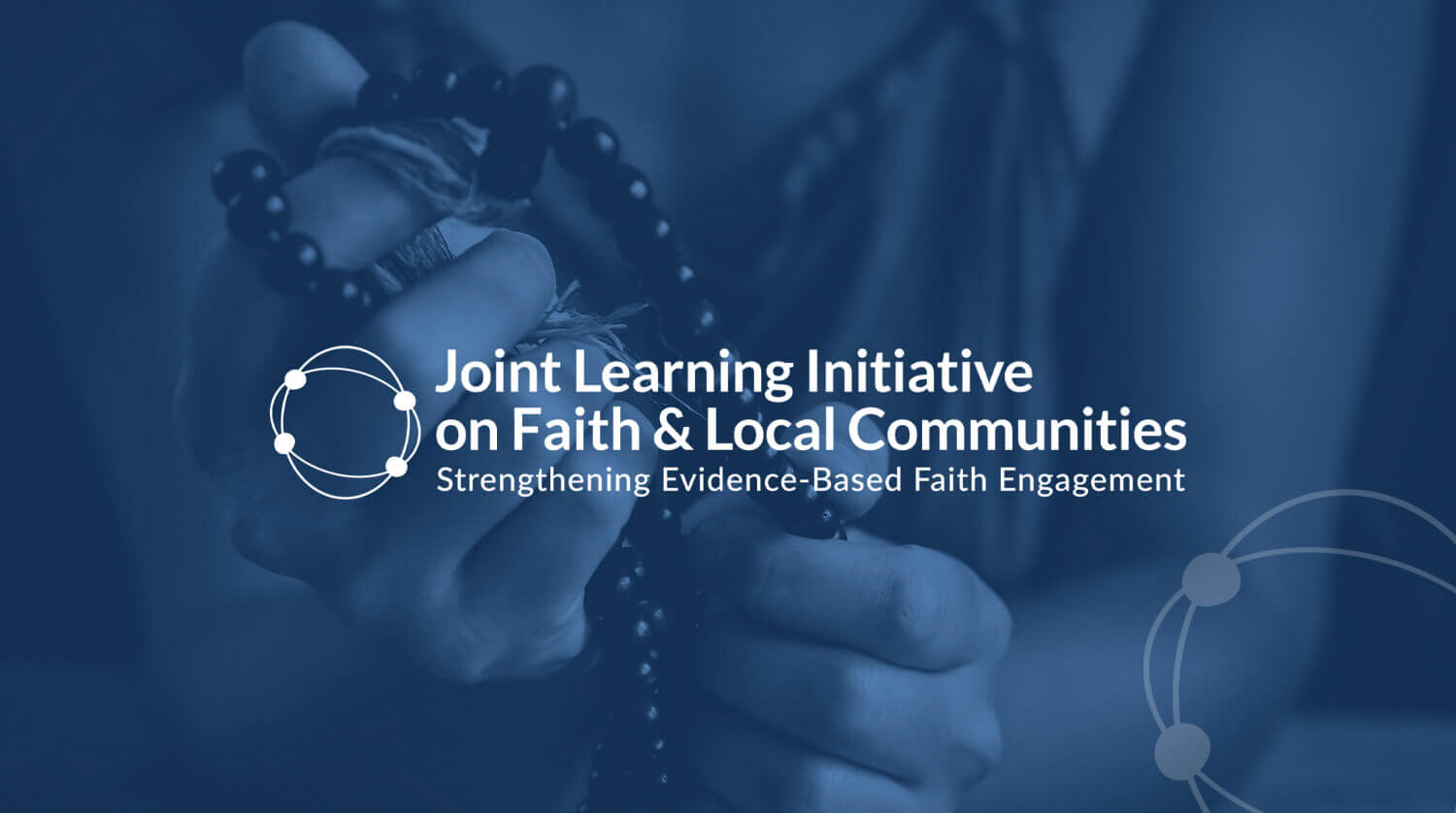November 30, 2020
In December 2020, UNICEF Europe and Central Asia Regional Office (ECARO) will host an online inter- religious conference to protect the rights of children affected by migration, co-organized with the World Council of Churches (WCC), the Joint Learning Initiative on Faith & Local Communities (JLI) and the European Council of Religious Leaders, in collaboration with Islamic Relief Worldwide, A World of Neighbours, the Lutheran World Federation and World Vision International as part of UNICEF’s overall global Faith and Positive Change for Children partnership initiative with Religions for Peace and JLI.
This two-day conference aims to strengthen partnerships with faith-based organizations and religious communities in Europe to advocate for the integration of refugee and migrant children into national life and for their protection against all forms of discrimination and xenophobia at country and regional levels.
The situation of child migrants in Europe
Migration has been a priority issue for Europe since the peak of the refugees and migrant crisis in 2015, when more than 1 million refugees and migrants arrived in the region from the Middle East, South Asia, and East and West Africa. They were trying to escape from conflict, violence, economic upheaval, lack of opportunities and the increasing impact of climate change – factors that could see one billion people on the move worldwide by 2050. While most of the world’s migrants are hosted in the Global South, the impact of migration on Europe and Central Asia is likely to persist.
By December 2019, 51,200 refugee and migrant children needed humanitarian assistance and longer- term measures to ensure their social inclusion in Greece, Italy and the Western Balkans. More than a quarter of these children (28 per cent) were unaccompanied, and particularly vulnerable to violence, abuse and exploitation.
It is clear that the challenges facing unaccompanied and separated children (UASCs) are not shared equally across the European region. Most of the UASCs who have arrived to date are now in Greece, Spain, Italy, Malta, Bulgaria and Cyprus. Meanwhile, out of the total number of children who sought international protection in Europe in 2019, 71 per cent were registered in just four countries: Germany (35 per cent, or 71,420 children), France (13 per cent, or 26,160 children), Greece (12 per cent, or 25,165 children) and Spain
(11 per cent, or 21,715 children), with just 5 per cent registered in the UK (10,295 children). Across the EU, children now account for one-quarter of all new arrivals and one-third of all those seeking asylum.
Refugees and migrants, particularly those who are displaced or living in camps, faced specific challenges. They often live in cramped conditions with limited access to water, sanitation and hygiene, they may be held in immigration detention, and can be hardest to reach with accurate information in a language they understand. And now they are at high risk of the immediate and secondary impacts of COVID-19, while misinformation on the spread of the disease exacerbates the xenophobia and discrimination already faced by migrant and displaced children and their families.
The role of faith leaders and religious communities
There is strong consensus across every religious tradition about the dignity of every child and the need to protect all children from violence and exclusion. The inherent rights of the child can be found in the teachings and traditions of all the world’s major religions.
Long before there was a UNICEF, religious communities were among the greatest advocates for the world’s neediest children, providing guidance, aid and comfort to millions of disadvantaged families. And the Convention on the Rights of the Child – the most widely accepted human rights treaty in history – reflects deeply-held values that had been embedded within religious traditions for millennia: traditions that uphold the inherent dignity of every child and the centrality of the family in building strong communities. That is why religious communities play such an important role in ensuring children are protected, and that social inclusion remains a key religious principle.
Today, religious communities continue to be important partners for UNICEF’s work to advance children’s rights and enhance their well-being. Such partnerships are critical for our renewed focus on reaching the poorest, most vulnerable and hardest-to-reach children and families.
Partnerships of inter-religious organizations at the country, regional or global level already advocate for the protection of the human rights of all migrants and refugees and promote their full social inclusion. Faith- based organizations draw on their traditions to serve refugees and migrants in their countries of origin, during transit, and at their destination. Much has been accomplished to date through the rich collaboration between religious communities, civil-society organizations and UN agencies, including UNICEF.
The proposed inter-religious conference aims to galvanize existing partnerships in the region and make them even more effective as we work together to improve and protect the lives of children on the move.
From Faith to Action article on the UNICEF webpage.
View the Faith and Positive Change for Children Initiative webpage






